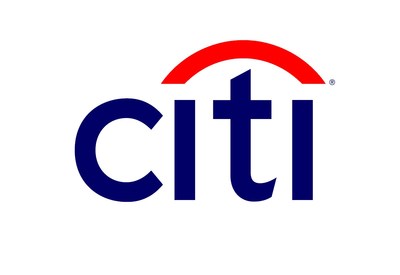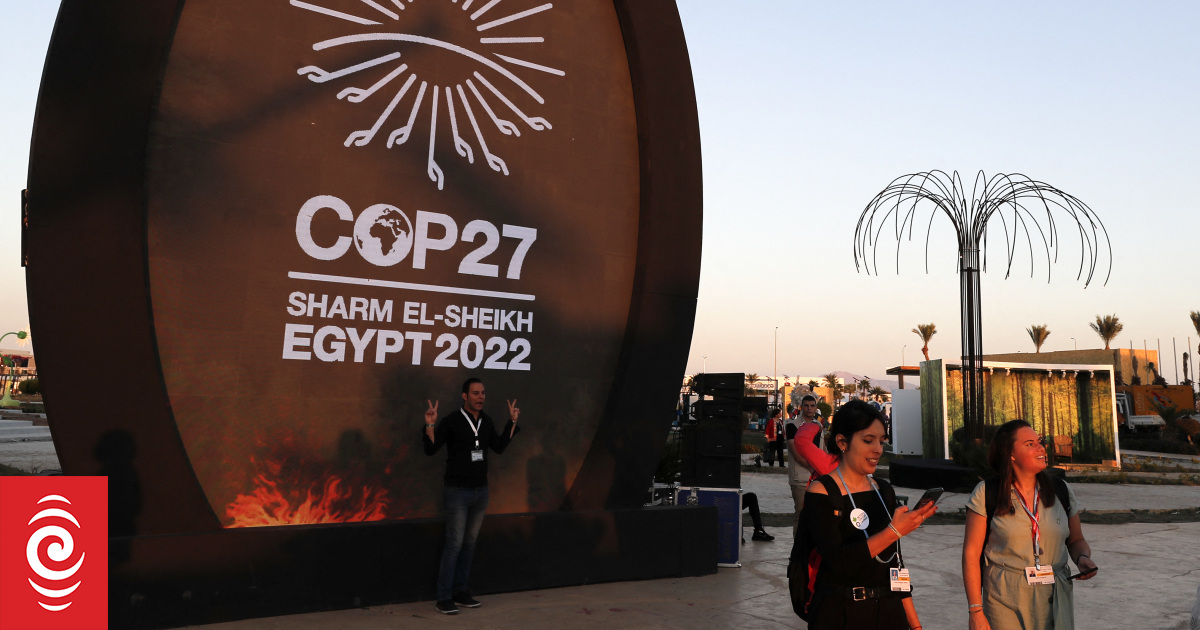Nigerian Vice President Yemi Osinbajo is seeking a debt cancellation deal in return for a commitment from indebted countries to use overdue payments for national climate action programs, according to a statement from his aide. principal to the media on Friday.
He reportedly explained the concept of the debt-for-climate swap deal during his speech on climate action, just energy transition and climate investments at the Center for Global Development in Washington DC
“Generally, the creditor country or institution agrees to cancel part of a debt if the debtor country would pay the avoided debt service payment in a local currency into an escrow or other transparent fund, and the funds are then to be used for agreed climate projects in the debtor country,” Osinbajo said.
He explained that the agreement would allow the use of outstanding debt service payments for national climate action programs.
Commitment to the climate-debt swap agreement, he said, “would increase fiscal space for climate-related investments and reduce the debt burden of participating developing countries.”
“For the creditor, the swap can be made to count as a component of their Nationally Determined Contributions (NDCs),” he added.
Last year, the Nigerian government presented a updated Nationally Determined Contribution (NDC) document, which included a commitment to unconditionally reduce carbon emissions by 20% from business as usual by 2030 and increase its conditional target to 47% from 45% stated in the 2015 target.
The vice president’s remarks come days after Nigeria’s finance minister, Zainab Ahmed, declared that achieving the country’s net zero goal by 2060 would require spending $1.9 trillion, including $410 billion above the status quo.
The minister spoke at the launch an energy transition plan and a path to net zero, which the authorities say would result in the creation of up to 340,000 jobs by 2030 and 840,000 jobs by 2060. However, the The ambitious plan will also require up to $410 billion by 2060, an estimated $10 billion per year.
At the event in the US capital, Osinbajo called on developed countries to help Africa become a global provider of carbon credits.
He reportedly said that “in addition to conventional capital flows from public and private sources, it is also essential that Africa can participate more fully in the global carbon finance market.” He explained that current carbon pricing systems, through carbon taxes, largely focus on high- and middle-income countries.
The Vice President further stated that “Carbon markets can play an important role in catalysing the deployment of sustainable energy by channeling private capital into climate action, improving global energy security, providing incentives, especially in developing countries, and giving impetus to clean energy. markets when the economics of pricing seem less compelling – as it does today.
Support our journalism
There are millions of ordinary people affected by conflict in Africa whose stories are missing from the mainstream media. HumAngle is committed to telling these difficult and under-reported stories, hoping that those affected by these conflicts will find the safety and security they deserve.
To make sure we continue to provide public service coverage, we have a small favor to ask of you. We want you to be part of our journalistic enterprise by bringing us a token.
Your donation will further promote a strong, free and independent media.
Donate here
 Universo Viviente
Universo Viviente



